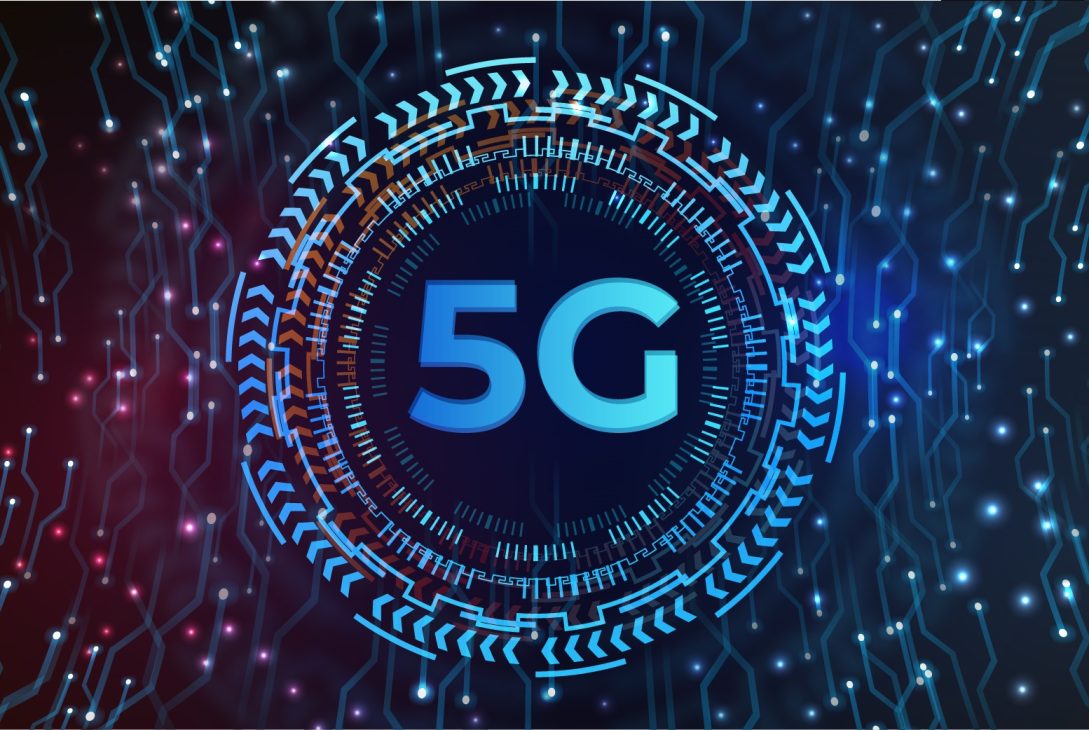5G technology represents a quantum leap in wireless communication, offering speeds up to 100 times faster than 4G and significantly lower latency. This unprecedented level of connectivity opens doors to a wide range of transformative applications and use cases that have the potential to revolutionize industries and reshape the way businesses operate.
One of the key benefits of 5G technology is its ability to support the growing demand for high-bandwidth applications such as augmented reality (AR), virtual reality (VR), and high-definition video streaming. With its blazing-fast speeds and low latency, 5G enables seamless and immersive experiences that were previously not possible with older generations of wireless technology. Businesses can leverage these capabilities to create innovative products and services that enhance customer engagement and drive competitive differentiation.
Moreover, 5G technology enables the widespread adoption of Internet of Things (IoT) devices and applications, unlocking new opportunities for businesses to optimize operations, improve efficiency, and drive innovation. With its ability to support massive connectivity and ultra-reliable communication, 5G facilitates real-time data exchange between IoT devices, enabling businesses to monitor and control assets remotely, automate processes, and make data-driven decisions with greater accuracy and speed.

Additionally, 5G technology has the potential to revolutionize industries such as healthcare, manufacturing, and transportation by enabling the deployment of mission-critical applications and services that require ultra-reliable, low-latency communication. From remote patient monitoring and telemedicine to autonomous vehicles and smart factories, 5G enables businesses to unlock new levels of efficiency, safety, and productivity that were previously unattainable.
Furthermore, 5G technology fosters innovation and entrepreneurship by providing a platform for the development of new applications and services that leverage its capabilities. With its high-speed connectivity and low latency, 5G enables startups and developers to create cutting-edge solutions that address emerging market needs and disrupt traditional industries. Whether it’s developing immersive gaming experiences, smart city solutions, or remote collaboration tools, 5G technology fuels innovation and drives economic growth.
However, the widespread adoption of 5G technology also presents challenges such as infrastructure deployment, spectrum allocation, and cybersecurity. Building out the necessary infrastructure to support 5G networks requires significant investment and coordination among industry stakeholders, governments, and regulatory bodies. Additionally, ensuring the security and privacy of data transmitted over 5G networks is paramount to prevent cyberattacks and safeguard sensitive information.
In essence, 5G technology represents a paradigm shift in wireless communication, offering unprecedented speed, connectivity, and reliability that have the potential to transform businesses and industries. By embracing 5G technology and exploring its applications, businesses can unlock new opportunities for innovation, efficiency, and growth in the digital era.











